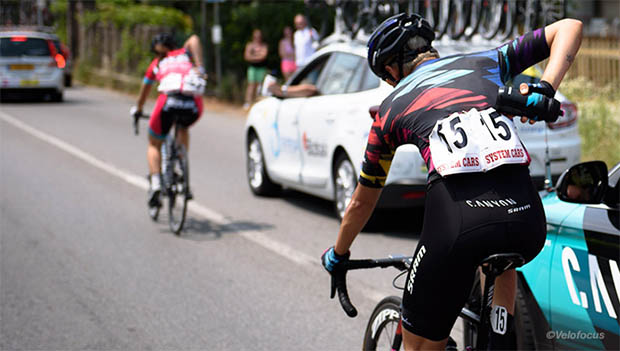
Hydration is only one piece of the nutrition puzzle faced by endurance athletes, so at Precision Hydration we get a lot of questions about how to fuel activity as well as how to best stay hydrated.
Here’s a fairly high-level overview on how to meet both your hydration and nutritional needs during endurance exercise. It’s based on a combination of recent peer-reviewed science (and a healthy dose of personal experience).
There are numerous subtleties that you can only ever figure out based on the individual nature of your own body and the situations you find yourself in. However, hopefully this post will give you a good sense of the right direction in which to set off experimenting during training so you can be ready for your race-day and training nutrition and hydration needs.
So what does your body actually need during endurance exercise?
No matter what kind of activity you’re doing, whenever you’re exercising hard for several hours at a time your body loses water and sodium in sweat. It also burns calories, mostly in the form of carbohydrates stored in your muscles and liver.Quick Tip
When it comes to fueling, I find it helpful to break activities down into three broad categories:
- “Short” activities (less than roughly 90 minutes)
- “Medium to Long” activities (roughly 90 minutes to four hours)
- “Ultra” activities (four hours+)
Each of these categories demands a different approach when it comes to hydration and energy replenishment.
Short activities (less than about 90 minutes)
Before You Start
Make sure you begin whatever you’re doing topped up with fluids, electrolytes and carbohydrates. Trying to make up for a deficit if you start a bit dehydrated or energy depleted by eating and drinking during the activity itself is definitely leaving it too late. You really cannot play catch up, especially with hydration, during heavy activity.
While You’re Sweating
If you start most shorter activities properly fueled and hydrated, there’s usually little to be gained from taking in large amounts of anything, be that water, electrolytes or calories during the activity itself.
Your body has what it needs to last this long in reserve (even at a relatively high intensity) and you can simply refuel and rehydrate afterward (ideally within 30 minutes of finishing) to replenish stores for next time.
This doesn’t mean you categorically shouldn’t consume anything during exercise lasting less than 90 minutes. You should absolutely still listen to your body and eat or drink if you feel you really need to (and it’s also a bright idea to eat and drink something if you’re training again very soon afterward so you don’t start the next bout of activity really depleted). However, it’s worth understanding that the impact the nutritional intake is going to have on your performance during the race or session itself is probably quite negligible.
A slight exception to this rule might be if you are competing at the elite end of the spectrum in very high intensity aerobic events. There is some evidence that ingesting small amounts of a carb-based drink (or even just rinsing it your mouth) can be beneficial to your performance under these circumstances.
Essentially the “mouth rinse effect” is thought to be because receptors in the mouth shout to the brain, “Sugar is coming!” (even if you just spit the drink out), and your brain then allows your body to work harder than it otherwise would, tricking you into putting out a stronger performance than might otherwise be possible. For a decent summary of the idea see this post from Asker Jeukendrup.
This, along with keeping topped up for subsequent sessions or events, is one of the reasons why we still sometimes recommend having a bottle of electrolyte drink available to sip during shorter events if convenient.


